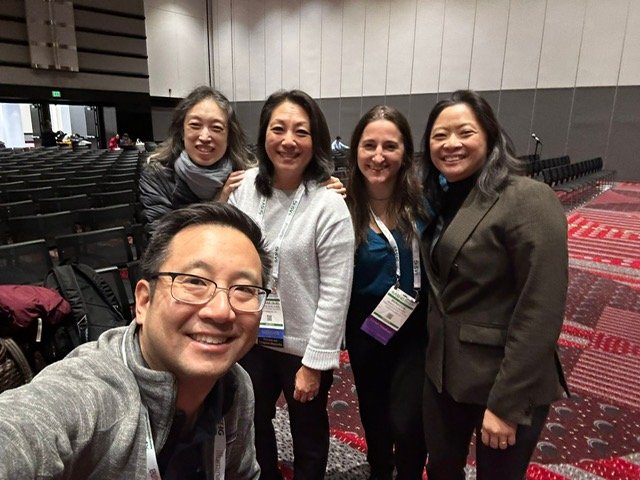We just published in Nature Communications (June 5, 2025):
“Investigating the sources of variable impact of pathogenic variants in monogenic metabolic conditions” This was a collaboration between our lab and the Zaitlen Lab, as well as Kenny Lab in the Mt. Sinai Biobank bioMe
Full paper here: https://rdcu.be/epzLx
What we did:
Analyzed ~230,000 exome‑sequenced individuals from UK Biobank and Mt. Sinai BioMe.
Identified carriers of pathogenic variants in cardiometabolic genes (e.g., LDLR, MC4R).
Quantified three key contributors to clinical variability:
Variant effect size via ESM1b scores
Polygenic background via PRS
Marginal epistasis using the FAME method
Major insights:
ESM1b scores correlated with phenotype severity and distinguished gain‑ vs loss‑of‑function variants in 6/10 genes
High PRS can drive phenotypes as extreme—or more extreme—than monogenic variants.
Epistasis (genetic background interactions) boosted predictive power by up to 170% in traits like LDL and triglycerides
Why it matters:
Clinical sequencing often flags rare variants, but predicting who actually develops disease is unreliable. Our work shows that integrating rare variant effects, polygenic context, and genetic interactions delivers far more accurate predictions.
Shout‑out: This whole effort was powered by graduate student Angela Wei, whose resilience and bioinformatics prowess drove the analyses from start to finish—seeing massive cohorts through to publication.
What’s next: We aim to map specific epistatic modifiers and integrate these models into clinical pipelines—pushing precision medicine beyond simple risk flags.















